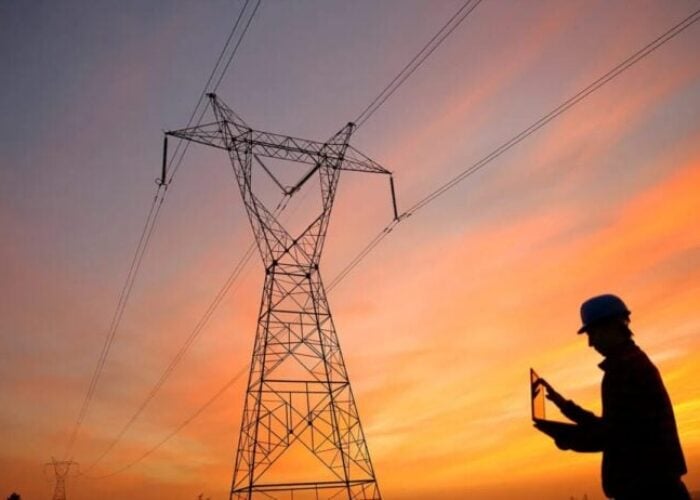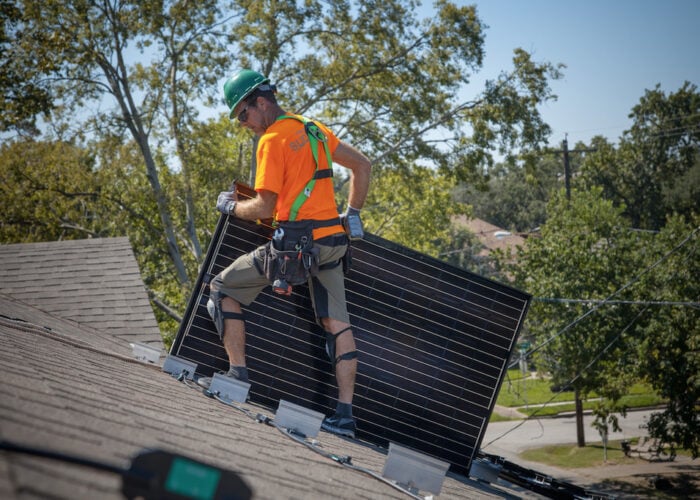Pioneering solar-powered aircraft Solar Impulse will have to stay in Hawaii until April 2016 after sustaining irreversible damage to its batteries from overheating.
Earlier this month it was reported that the aircraft would be grounded until early August after a five-day and five-night flight from Nagoya, Japan, to Hawaii. However, repairs on the batteries, which overheated on the first ascent of the flight to Hawaii, will take several months, delaying the next flight to the US West Coast until spring 2016.
Unlock unlimited access for 12 whole months of distinctive global analysis
Photovoltaics International is now included.
- Regular insight and analysis of the industry’s biggest developments
- In-depth interviews with the industry’s leading figures
- Unlimited digital access to the PV Tech Power journal catalogue
- Unlimited digital access to the Photovoltaics International journal catalogue
- Access to more than 1,000 technical papers
- Discounts on Solar Media’s portfolio of events, in-person and virtual
In the meantime, the Solar Impulse team will also investigate better cooling and heating processes for very long flights.
A Solar Impulse statement said: “Overall the airplane performed very well during the flight. The damage to the batteries is not a technical failure or a weakness in the technology but rather an evaluation error in terms of the profile of the mission and the cooling design specifications of the batteries. The temperature of the batteries in a quick ascent / descent in tropical climates was not properly anticipated.”
The University of Hawaii with the support of the Department of Transportation will host the airplane in its hangar at Kalaeloa airport. Post maintenance check flights will start in 2016 to test the new battery heating and cooling systems.
After reaching the US, Solar Impulse is scheduled to cross the USA to JFK in New York before making the Atlantic crossing to Europe and then returning to its original point of departure in Abu Dhabi.
Reports had emerged earlier this month questioning whether the plane would be able to complete its journey in 2015 due to changing meteorological conditions.







